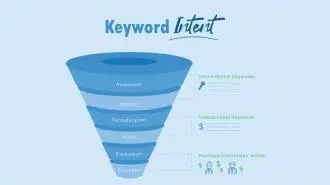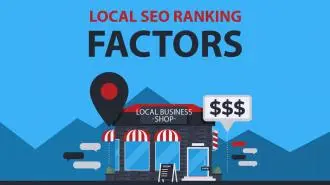Summary / TL;DR
Search engine optimisation typically takes four to twelve months to show meaningful results, depending on factors like competition, website age, link quality and resource investment. Modern SEO success relies less on keyword-stuffing strategies and more on content relevance, user experience, and domain authority. New websites often take longer to rank due to lower trust signals, while established domains may see results sooner if no penalties exist. High-quality, authoritative backlinks and technically sound site structures help speed up SEO progress, but shortcuts like buying links or using black hat techniques can delay or damage rankings. Ongoing effort is required to maintain achievements in a competitive and ever-evolving search environment.
It’s no secret that without appropriate Search Engine Optimisation (SEO), no website can hope to rake in visitors and convert them into paying customers.
One of the questions we often hear from both SEO experts and business owners is, why does SEO take so long to show results? Sure, you might hear some claim success in just a few weeks, but these strategies can be questionable. Generally, it’s expected for SEO to take six months to a year to really pay off.
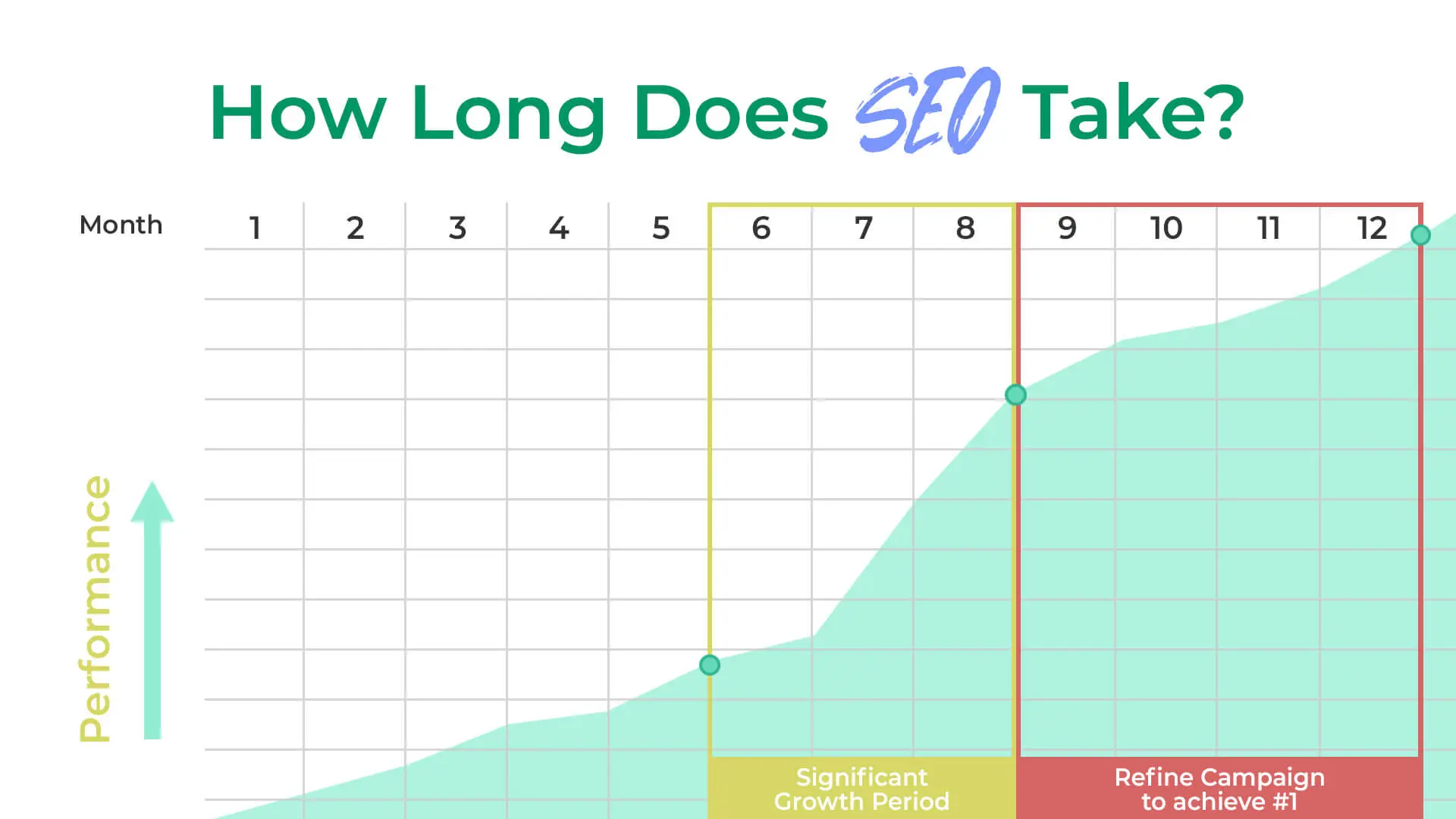
The problem with SEO is that it’s not a one-size-fits-all solution for every website, so there’s no definitive answer for how long it might take to see results. It’s a complex process that requires several factors aligning perfectly.
So, how long would you wait before your site ranking increases? We’ll try to explore this very question in the following sections. We’ll also look at the different factors that impact SEO timelines and explore some common mistakes to avoid during the process and how your SEO agency might play a part.
Why Does It Take Longer to See SEO Results?
When you ask anyone, “How long does SEO take?” they’re bound to return the answer in terms of time. However, if you ask us, the question itself is incorrect and based on a specific kind of search engine operation that is no longer relevant in the present times.
True, there was a time when SEO strategy revolved mostly around keyword research. You had to search for generic keywords relevant to your industry or niche, target the ones with the most traffic, and you would be off to the races. Back then, targeting a handful of suitable keywords gave rapidly visible search results on Google within a few weeks.
But as you can understand from the above, that was the case back then. SEO strategy has evolved, and ranking on Google is no longer as easy as peppering your content with the target keywords and expecting results. Today, no magic term or target keyword groups can yield definite outcomes.
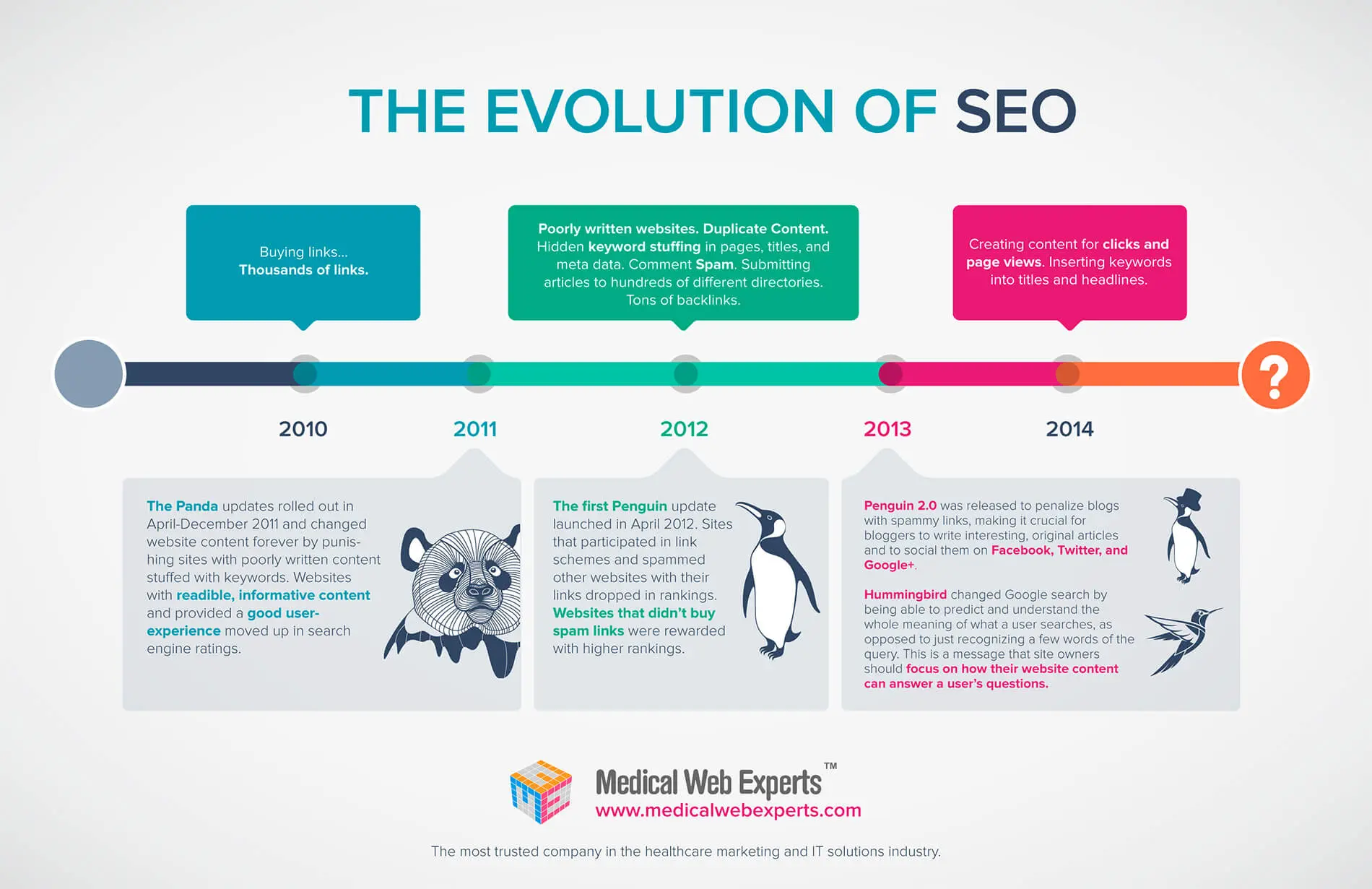
SEO today depends on a mix of many factors that determine its time frame. Getting all of these factors to sync is time-consuming; SEO itself becomes a process that takes considerable time to yield marketing dividends.
Want to receive updates? Sign up to our newsletter
Each time a new blog is posted, you’ll receive a notification, it’s really that simple.
Does SEO Still Work In 2026?
Long story short: it does. While that is a separate topic that should be discussed in its own right, it suffices to say that SEO today depends more on user experience, content information and content credibility. Keywords still play an essential part in the mix, but they’re not as vital as they used to be.
Speaking of relevant keyword, modern SEO strategies dictates that you should target low-competition long-tail keywords instead of targeting a few popular, high-competition keywords. That’s because the nature of search queries, as we know it, has changed.
Low-competition keywords are great for generating high rankings quickly but may not convert traffic into sales or conversions.
We’ve shifted away from using desktops and laptops for search; smartphones have taken their place. On top of that, voice search is becoming more popular than typing. As search habits evolve, so do questions about how crucial SEO remains and how long it takes to see results.
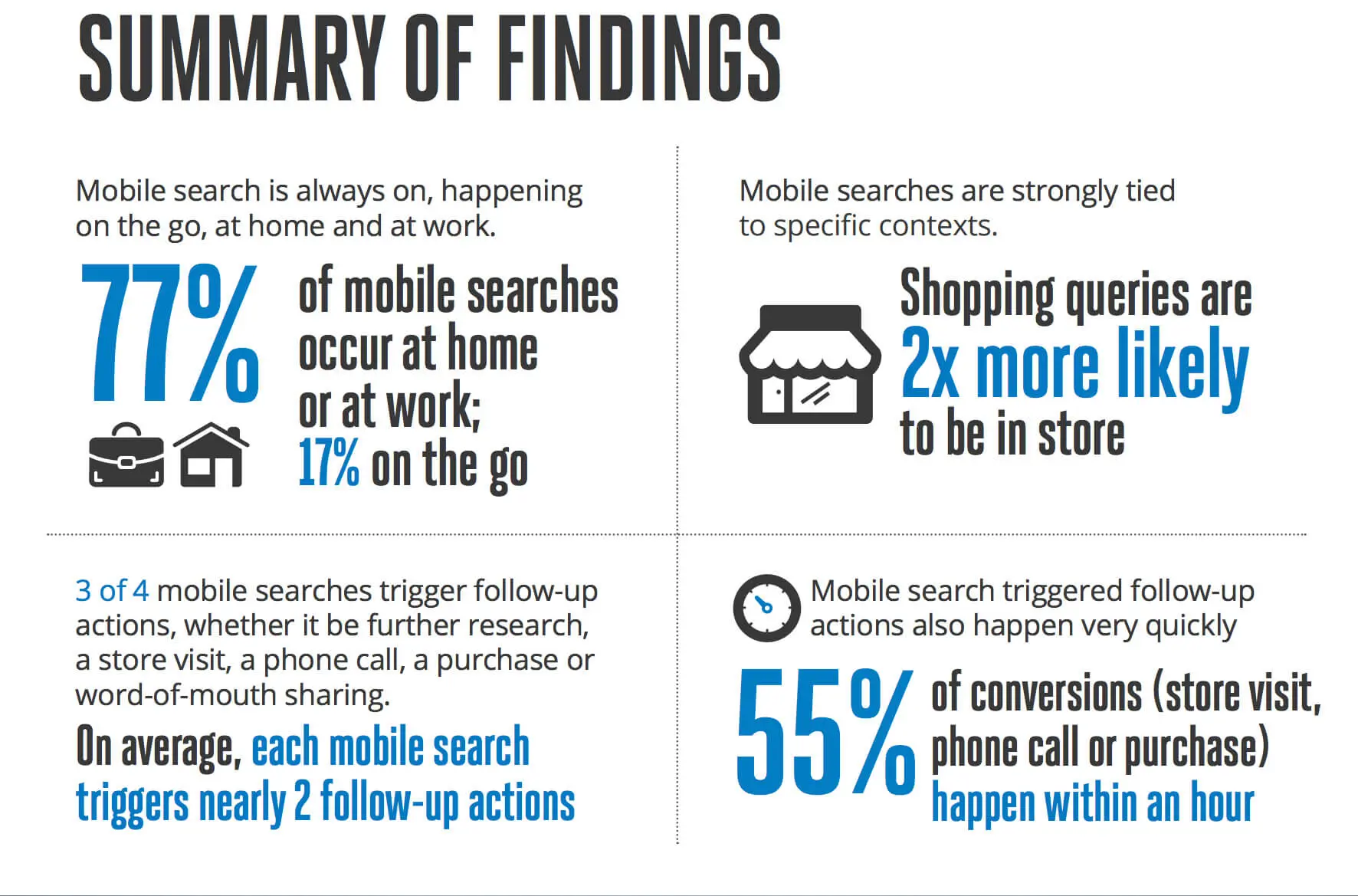
How Do I Know If SEO Is Working?
The natural question arises among SEOs as we talk about the timeframe and effectiveness of SEO: how do we know when SEO starts working? What does it even mean for SEO to work? Most people (and even some SEOs) would tell you that a top rank on Google is the epitome of organic search traffic success.
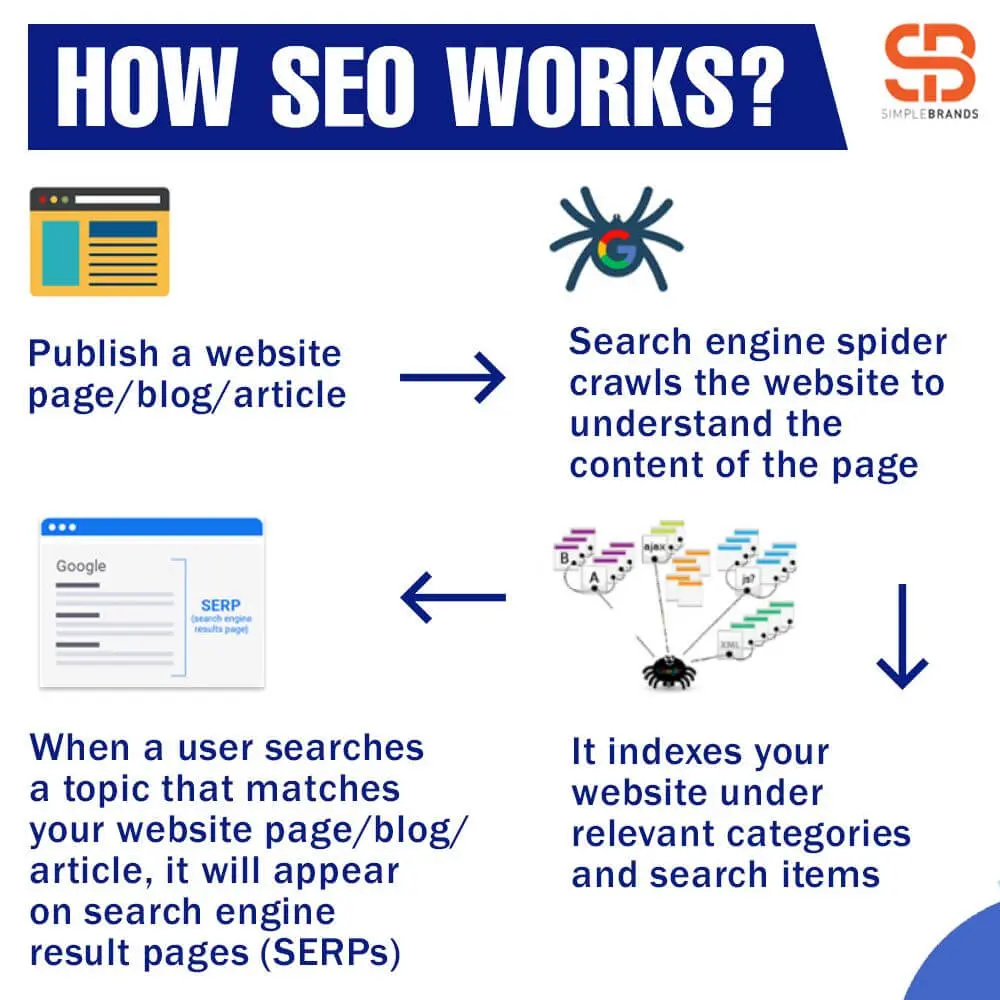
experience, so following the cases of our clients tells otherwise; ranking high on the SERPs and relevant social media platforms and driving a massive amount of traffic isn’t the end goal (unless the sheer volume of visitors goes your business). What you want from SEO are meaningful content creation and conversions that drive visitors to become customers. And unfortunately, that takes more time than most companies are willing to put in.
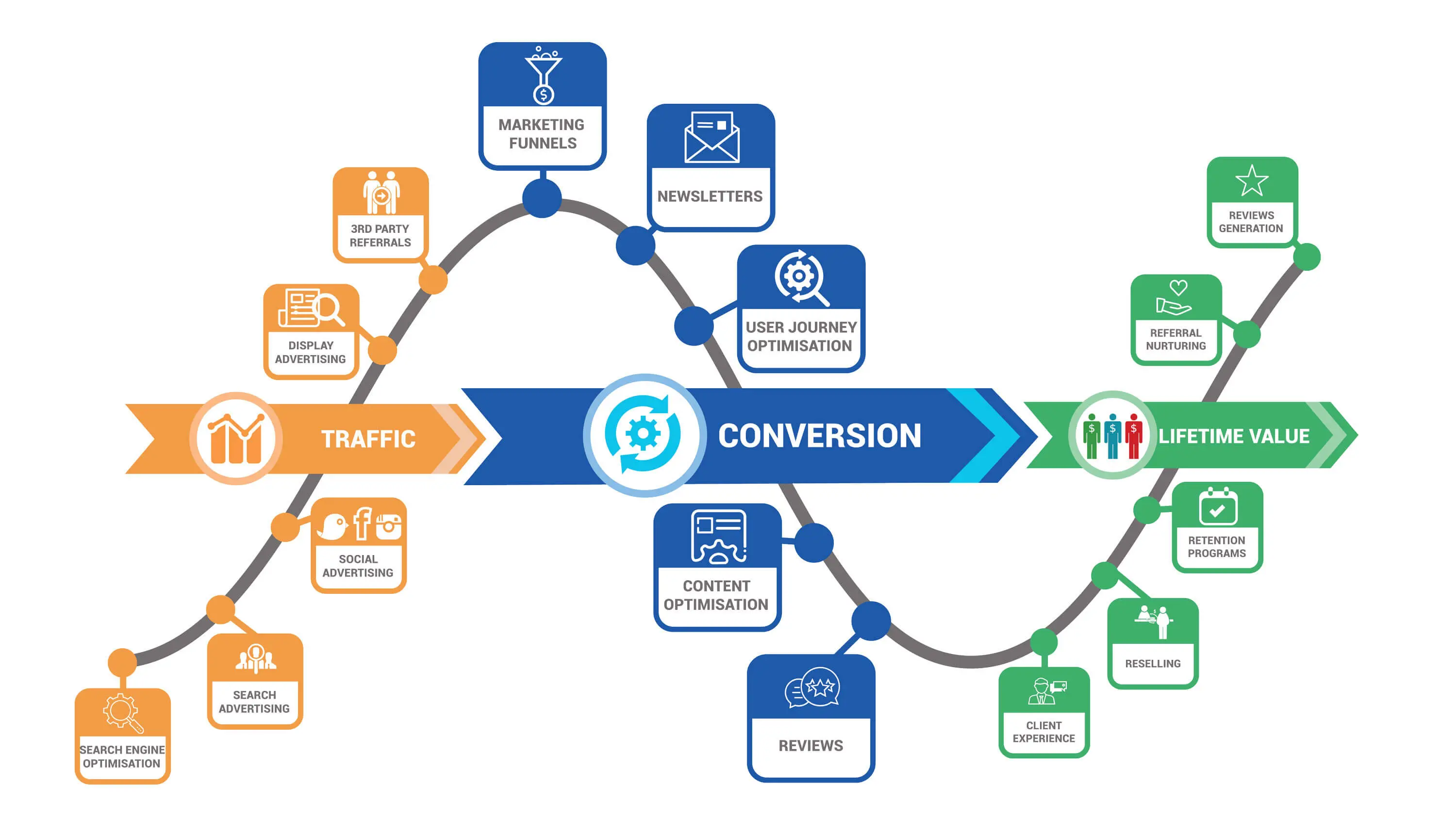
Factors That Determine Your SEO Timeline
For any credible SEO to work, you must treat each campaign as a process that can potentially continue indefinitely; the journey and improvements are the main focal points. How fast you get the desired results from your campaigns will depend on your website’s age, strategy implementation consistency, competition’s response and backlink profile, among other things.
In the following sections, we will examine some factors determining your SEO campaign’s timeline. Once we’ve gone through them, you’ll know why SEO is considered a long-term game and why putting a particular time limit on getting search results from any SEO campaign is tough.
1. The Competition
There used to be a time when SEO was a slightly esoteric topic, and most businesses didn’t take search engine optimisation seriously. Even SEO businesses restricted their efforts to targeting niche keywords and ranking higher on the SERPs’ first page. It was an easy task with less competition, and the results came faster.
Today, no business can hope to succeed without effective search engine optimisation. Over 60% of digital marketers depend on SEO to improve their organic reach. However, competition has increased exponentially, from, in some cases, you’ve got large conglomerates to the local hardware shop vying for SERP real estate.
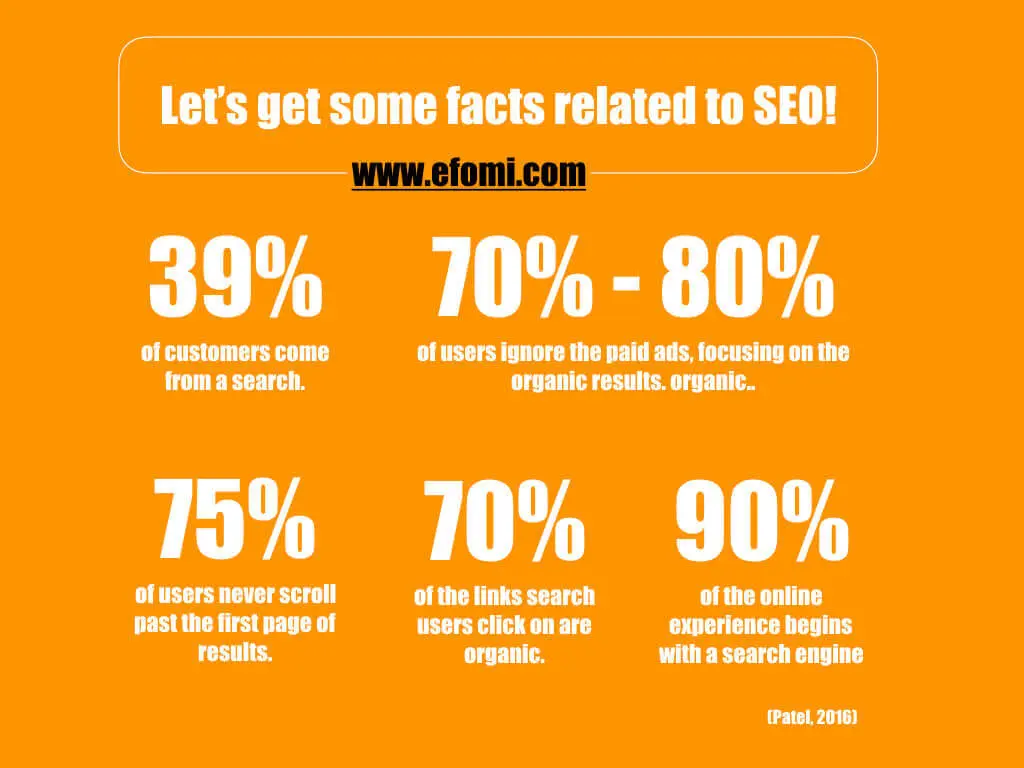
Nowadays, businesses are putting a lot of resources into SEO, with bigger companies having their own teams dedicated to it. If you feel you’re investing heavily, rest assured, your competitors are likely doing the same, if not more.
Naturally, the more competition you fight against, the longer it will take for your SEO tactics to bear tangible results. If experiences and facts are anything to go by, the higher you try to climb, the harder your path to SEO success is more time-consuming.
Another aspect to consider is the competency of the SEO experts you’ve hired. Naturally, players with deeper pockets tend to hire better talent, often opting for a highly experienced SEO professional. The better the human mind(s) working behind your campaign, the faster it will work.
Key Takeaway
However, that doesn’t mean small and medium businesses on a budget can’t see significant results faster. Many SEO firms offer excellent SEO services with competence at affordable rates.
2. The Number Of Inbound/Outbound Links
It’s an open secret that links play an essential role in improving your organic SEO performance. However, the extent to which link building helps fast-track your SEO depends on several factors. The volume of backlinks is essential, but the correlation isn’t as direct as you might imagine.
The more the number of inbound links to your site, the better your SEO profile. But just bumping up the number of links can often harm your site’s ranking more than reasonably. The method and sources you’re using for link building are extremely important.
A smaller number of links from high-quality and authoritative sources will boost your rankings than a large volume of links from low-quality sites. Also, as high-quality links are harder to earn, you can stay ahead of your competition once you garner a few high-authority links.
But be warned: never resort to Black Hat link-building techniques such as buying bulk links from low authority domains. Google sees such acts as a severe breach of rights of its SEO guidelines, and trying to rank too high too fast can invite penalties such as blacklisting.
While discussing links, it’s wise to dedicate some time to understanding internal links and how to optimise them. Unlike getting an external link, your internal link structure is one of the few ranking factors you have complete control over. A well-structured internal linking profile can go a long way towards helping other search engines understand your website structure and index it better and faster.
Key Takeaway
The key takeaway is this: internal and external links/backlinks significantly contribute to how long SEO takes to show significant competition results. But it takes time and effort to build quality backlinks, and there’s no shortcut to success on this road. It can take several months for your SEO to start showing significant competition results.
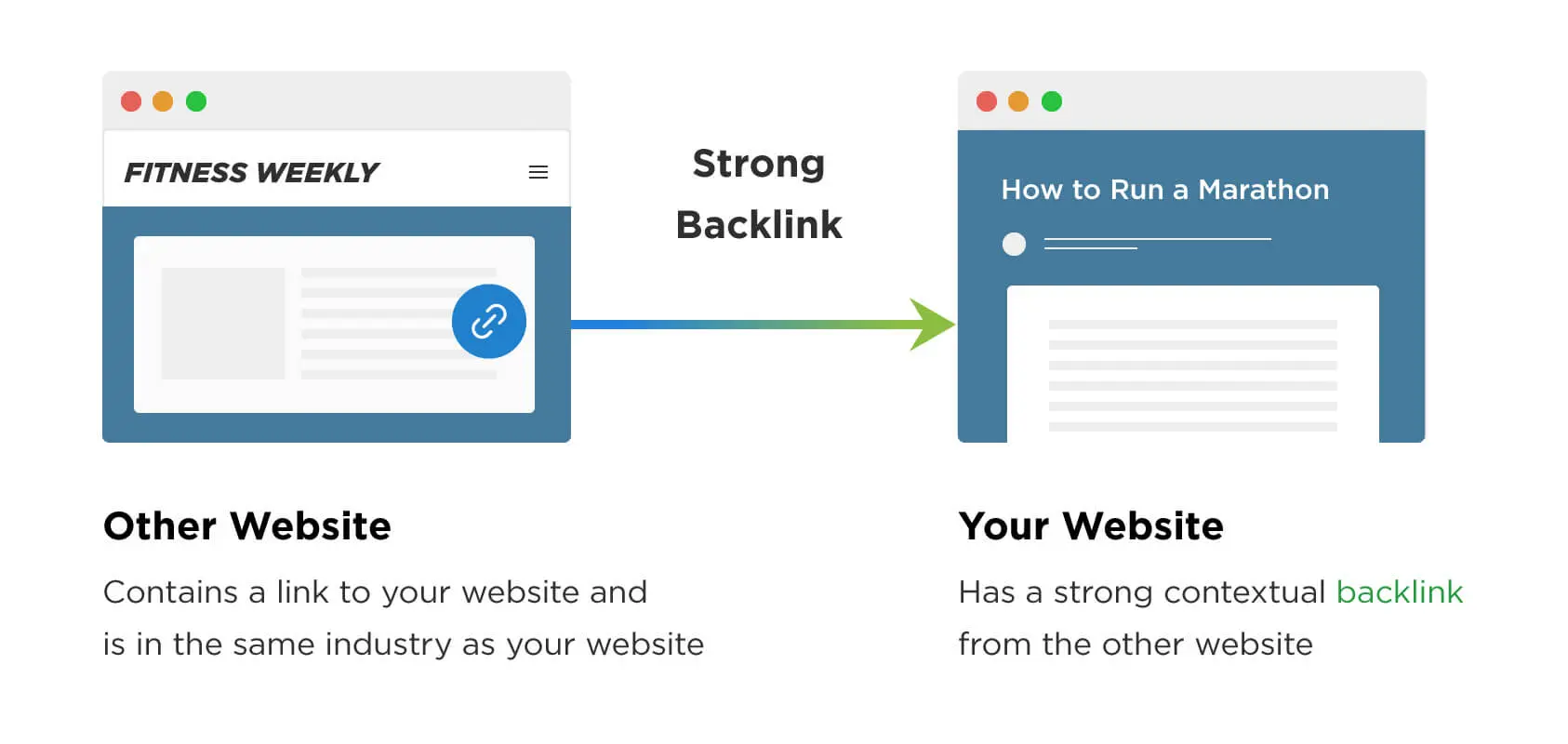
3. Content Quality
Next, we need to spend some time looking at how content quality impacts the timeline of your SEO. The content you’re putting out on your website plays a significant role in determining how long it takes for your SEO to affect.
Here, we’d like to debunk a common myth that usually makes the rounds regarding content length. There’s no ideal content length that can help boost SEO. It doesn’t matter if you’re putting out a 5,000-word article or a 500-word one. As long as it’s relevant and helps your audience solve a problem, it will make improving your SEO easier.
We recommend you post content consistently at regular intervals to get consistent results. This way, you’re telling Google your website to put out new content regularly. As a result, Google spiders will be encouraged to crawl your site more frequently; it’s that simple, leading to faster SEO dividends.
Another way posting content regularly can help is to keep visitors returning to your website for more. This sends positive signals to search engines and speeds up the time to climb up the SERPs.
Just as the content’s length doesn’t matter (and the frequency does), focusing on the content quality is essential. During the early days of SEO, you could pump your content choke-full of keywords, which would soon be up there. Today, things have become a lot tougher.
Key Takeaway
As mentioned, Google’s (and other search engines) algorithms no longer rely on keywords alone. Using AI-based models, algorithms such as RankBrain rate content based on many quality factors such as relevancy, uniqueness, and content type. Hence, setting lucid goals and creating a dedicated content marketing strategy determines the duration it takes for SEO to yield results.
Digital marketing agencies typically develop a content marketing plan for their SEO strategy. A strategy typically consists of a keyword strategy, technical issues, optimisations and link building. Whilst these strategies can assist in building quick results, the search intent of your target keywords is vital; this is where a good SEO agency will come into play.
4. Website’s Age and History
When it comes to how long it takes for SEO to take effect, one of the crucial factors is your website’s domain, age, and length. As a general rule of thumb, you can expect a new domain to take more time to show up on the SERPs than an already established one.
The reason is apparent: since an established domain has been active for longer, it’s bound to have built up better authority. It should also have a sizeable number of backlinks from essential sites.
You can expect to see search engine results within the first six months if you overhaul an already established website to improve its SEO performance and show results. On the other hand, six months is an overly optimistic timeline; you should expect that time to stretch into 9 to 12 months.
We want to mention that working with an older domain doesn’t necessarily translate to SEO success within three months or less. Such unrealistic expectations can derail your SEO project by causing you to abandon efforts before you overcome the required threshold.
Along with the website’s age, its past matters, especially the history with Google. If your site has been affected by a Google penalty or violated any of Google’s webmaster guidelines, you might take a bit more time to recover. Algorithm updates can also affect your site’s ranking and how long it takes to regain its original spot.
Key Takeaway
Considering the previous points, conducting a comprehensive website audit, especially into your pages and obtaining a complete website history is a prudent move before commencing SEO work. You can get a fair idea of this from Google Search Console and other similar tools.
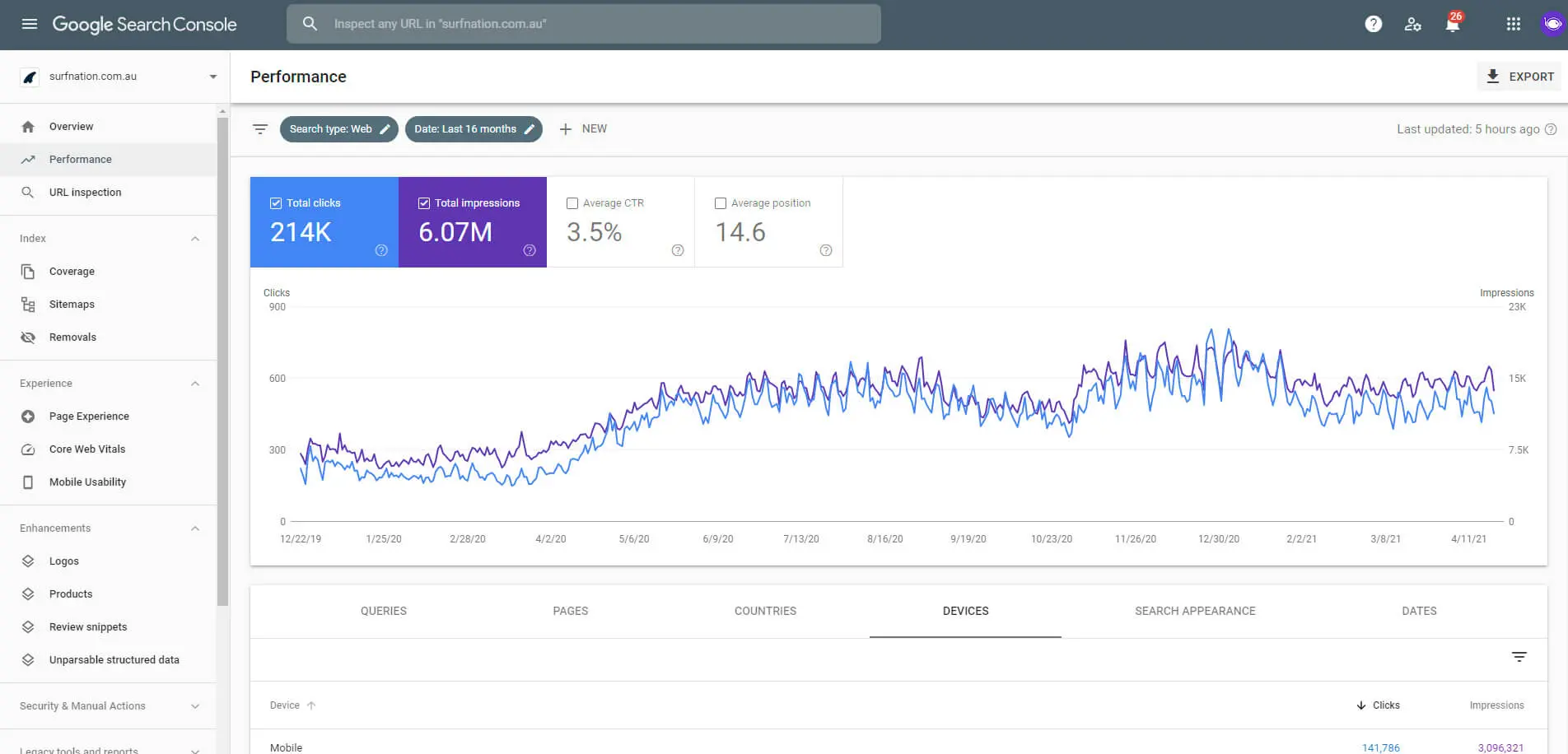
5. Resource Availability
While competition, website history and technical SEO errors significantly affect how fast you can rank, these aren’t factors you can completely control. SEO results will always take a certain amount of time, and having unrealistic expectations will help you get there faster.
However, with the help of various SEO tools, The one thing you can control in this mix is the amount of time you check and maintain your strategy and the resources you put into your SEO project. The help you allocate towards your SEO is vital when you implement strategies in determining how fast you can see SEO results.
The more resources you dedicate to your SEO efforts, the quicker you’re likely to see results. Especially for tactics involving technical SEO and boosting organic traffic, substantial investment can make a real difference.
Key Takeaway
When talking about resources, it can be misleading to think that money is the one thing that matters most here. Experts in the SEO industry unanimously agree that proper domain knowledge is essential for successful search engine rankings and time and money. So, the best strategy would be to employ an experienced professional or SEO service to deliver faster results.
Common Mistakes That Can Delay Your SEO Results
Despite roping in the best talent and incorporating the most applicable industry practices, it could take months, if not years, for you to start seeing results. This is usually due to a few common mistakes experienced professionals often make. This section will detail these, so you don’t fall into the same pits.
1. Inadequate Keyword Research
We’ve already seen that the days when keyword stuffing could yield fast results are now obsolete. Today, you must be more strategic with keyword research to see results. SEO professionals often ignore the importance of proper keyword research in a hurry to increase their rankings faster, often by month 3.
Indeed, keywords don’t play as direct a role as they used to in determining SEO ranking. But it’s an essential ranking factor even today. The key change here is depending you need to create content that aligns with natural language search patterns that target those keywords’ intent instead of directly focusing on the keyword terms.
This is where many businesses slip up by relying solely on keyword research tools and sorting by search volume. This leads to irrelevant content that doesn’t yield the desired results.
We recommend focusing less on the high-competition keywords and paying attention to long-tail terms to avoid this mistake. These will allow you to focus your SEO tactics and reach customers through common questions and query terms instead of a few disparate, highly competitive keywords.
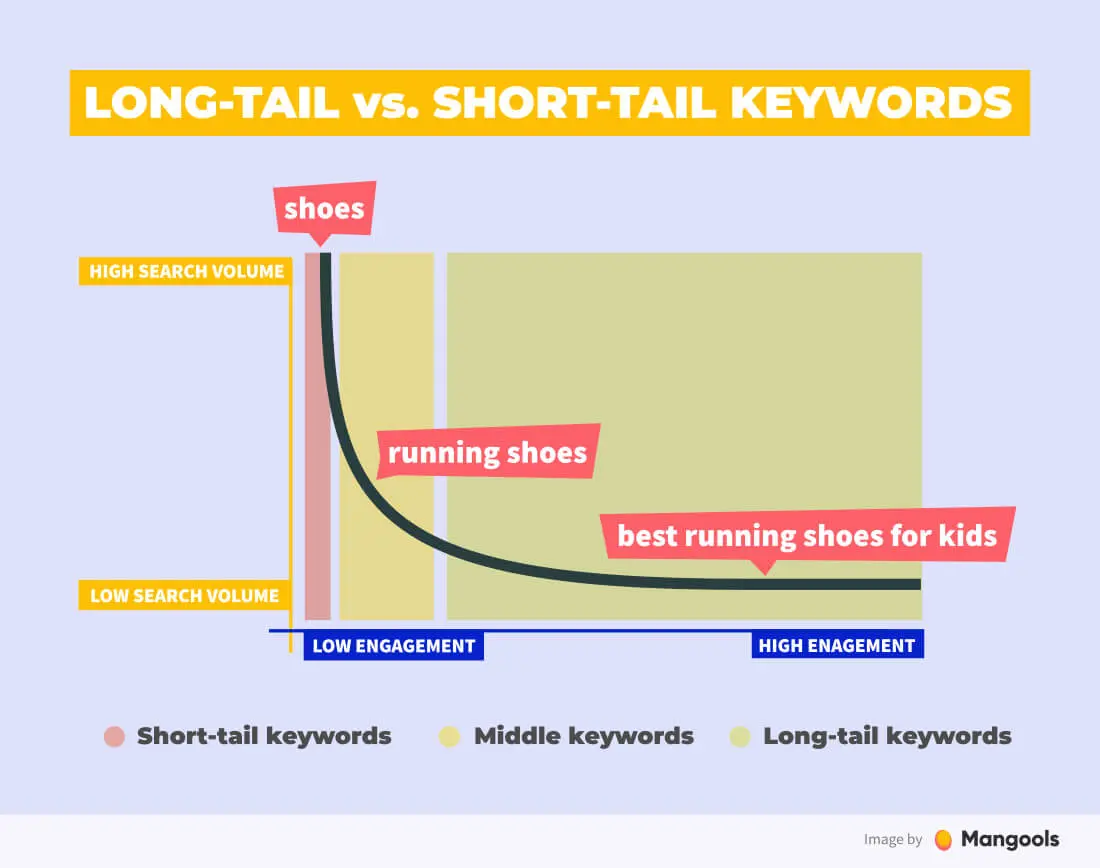
2. Unrealistic Timelines And Upper Management Pressure
The desire to see results as fast as possible is natural. However, we must remember that everything takes time to mature, and you must wait at least four to 6 months before you can see results from your campaigns. For significant gains in Google rankings, 12 months is a realistic estimate.
Upper management pressure often forces SEO teams to hurry and chase unrealistic timelines. Usually, after the first four months of SEO, the marketing team abandons the efforts and tries other avenues of increasing leads and sales.
This is a grave mistake, as month four is when you can expect to see your rankings nudge upwards. Any search engine takes 4-6 months to index a new website properly, and that is the least amount of time clients need to wait for their campaign to take effect.
3. Not Paying Enough Attention To Site Structure
Look at your site’s main menu; how long it is will give you an idea of its complexity and internal linking structure. We’ve already established, as found in our research, that internal linking is as important as external links for increasing SEO rankings. Sadly, many marketing experts fail to create a proper website structure as they focus on the more technical SEO concepts.
A well-crafted website structure is vital to ensure your website is properly crawled and indexed. After all, if Google can’t clearly identify the structure and place in the first month of your website in the digital landscape, you can’t expect your rank and traffic to increase now, can you?
4. Blindly Following The Competition
The importance of competition research can’t be ignored when increasing search rankings. However, this has recently become a vicious cycle of blindly copying the competition’s SEO efforts.
We get it: your closest competition is hogging all the traffic, and you feel compelled to replicate their efforts. But it would be best to remember that every business is different, and so should their SEO and content strategy.
It would be best to study your competition, identify content gaps and create strategies to fill them. Indeed, reinventing the wheel isn’t wise, but you must change the tyres to suit the road you’re travelling on.
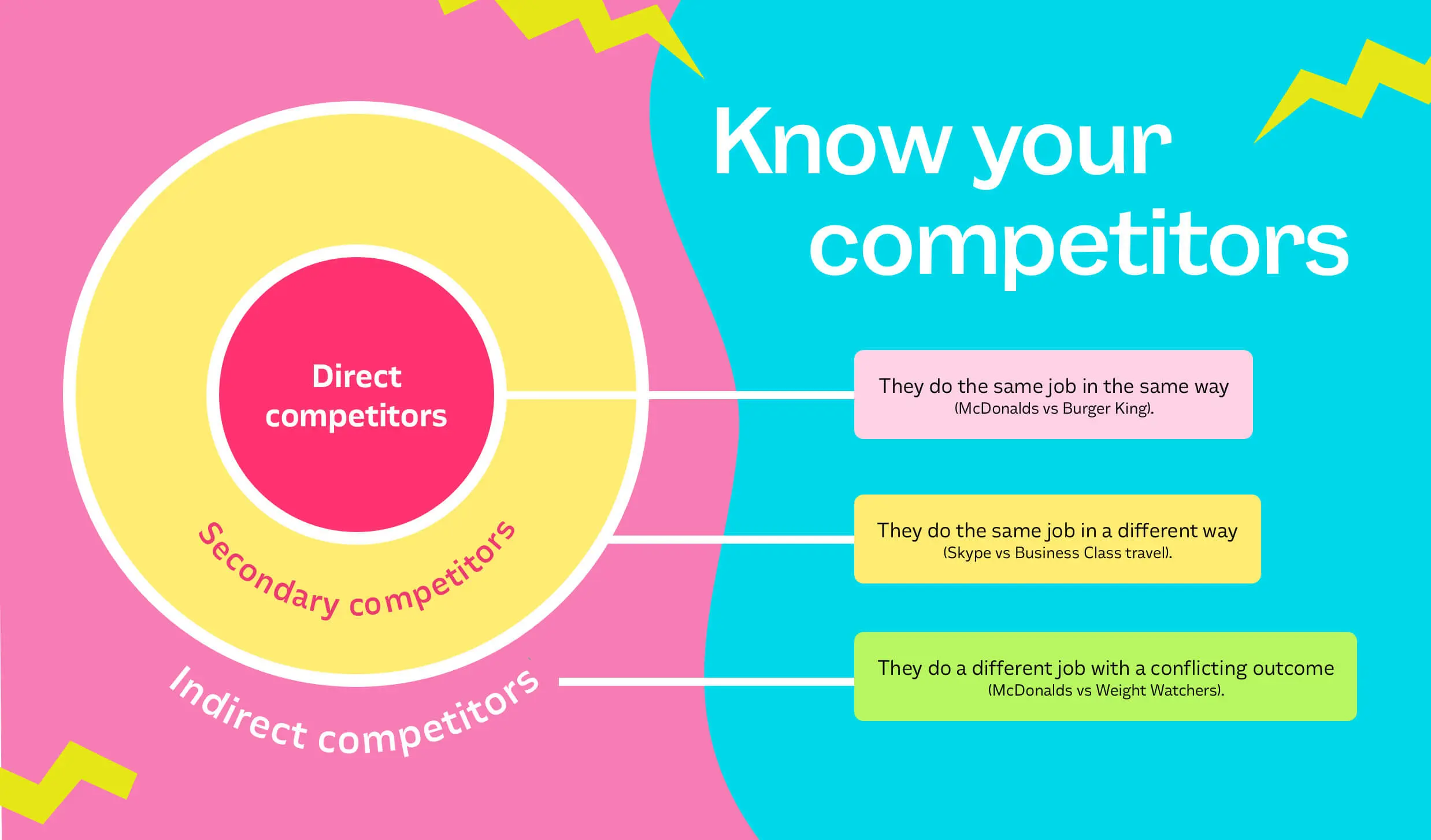
5. Inability To Think Outside The Box
You’re bound to encounter many “tried-and-tested” SEO tactics when you’re just a newbie trying to learn SEO. While many of these are legitimate, it’s more probable that they are no longer applicable to the present times.
It’s always best to take SEO concepts and put your spin on them. Digital marketing professionals often fail to think outside the box for SEO. This leads them to start exactly where others do and rank below the fold of customer noticeability.
How Much Time Will It Take To Learn SEO?
Before wrapping up this conversation, we’d like to talk about a common question that newbies starting an SEO campaign have: how much time does it take to learn SEO? The consensus is that it usually takes anywhere between 1 month to 3 months to learn SEO basics.
You need to spend at least a year getting hands-on experience with more advanced concepts and perhaps conduct regular audits. To create high-quality content and learn more about SEO, look at this article by Backlinko’s Brian Dean.
SEO Timeframe Conclusion
One thing must be understood regarding Google rankings: they can drop overnight but don't rise as fast without consistent effort. It takes consistent and coherent effort to start seeing an increase in ranks, achieve SEO results and even longer to get better traffic to flock to your site.
This is akin to getting a target painted on your back if you gain that coveted top spot on the SERPs. The competition will soon come out with all guns blazing and all people mobilised to work on dethroning you. And unless you're making constant improvements continuing your SEO efforts, it won't be long before you're pushed off the pedestal.
The only answer to the question "How long does SEO take to work?" is this: it takes as long as needed. This may take anything from four months to a year or more, and you must keep at it to ensure steady traffic.
Even after reaching your target, the work doesn't end; the difficulty of the task can escalate, as there's a need to work relentlessly to maintain that position, and it doesn't just happen on its own. But with consistent marketing strategies and honest effort, you can stay ahead in the digital marketing game.
Looking for expert help to achieve faster, more sustainable SEO results? Our professional SEO services combine technical expertise, quality link building, and strategic content creation to deliver measurable results. While SEO takes time, working with experienced professionals can help you avoid common mistakes and see results sooner. Contact us for a free consultation.

